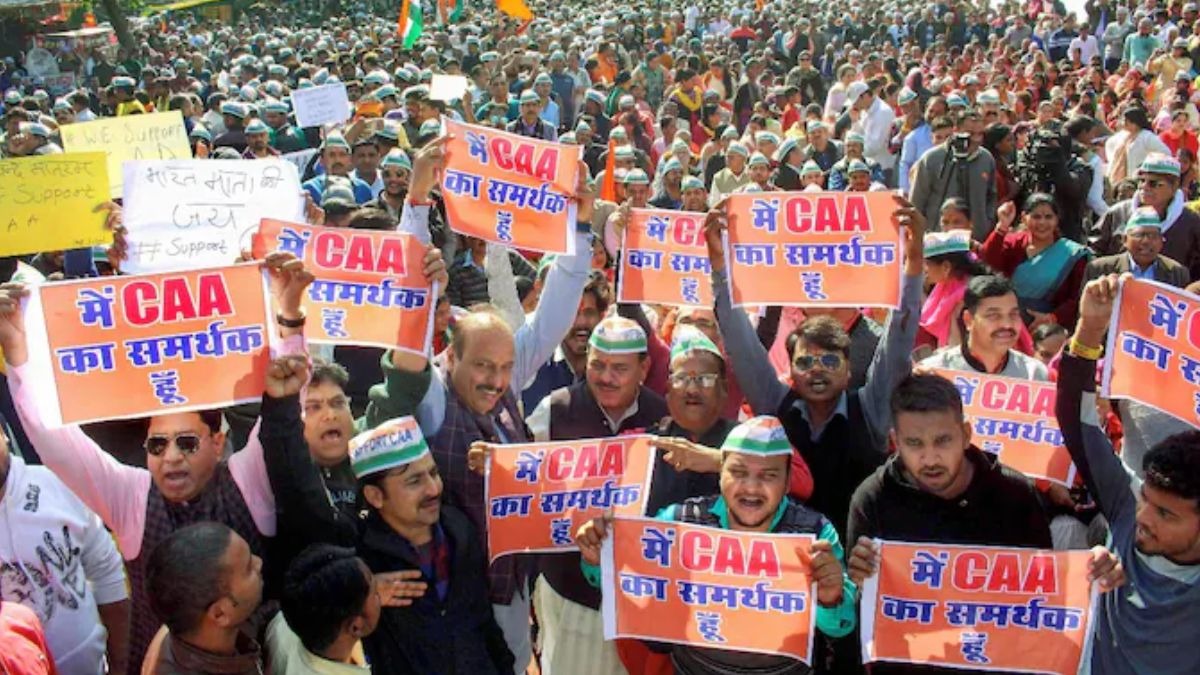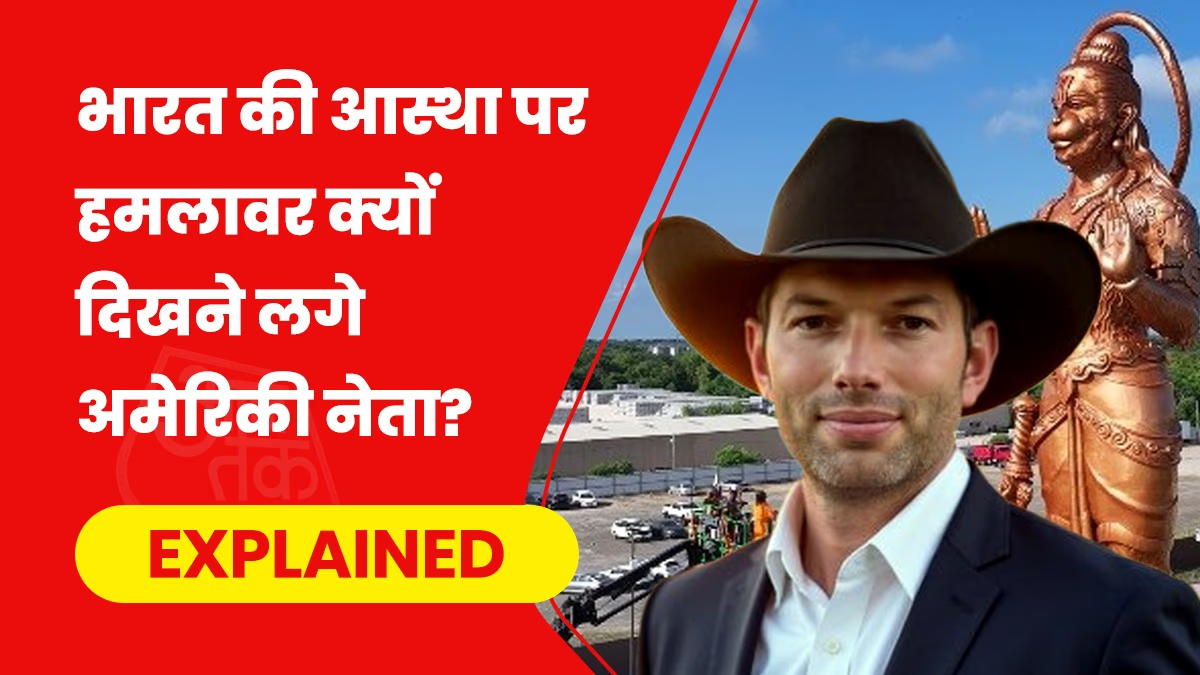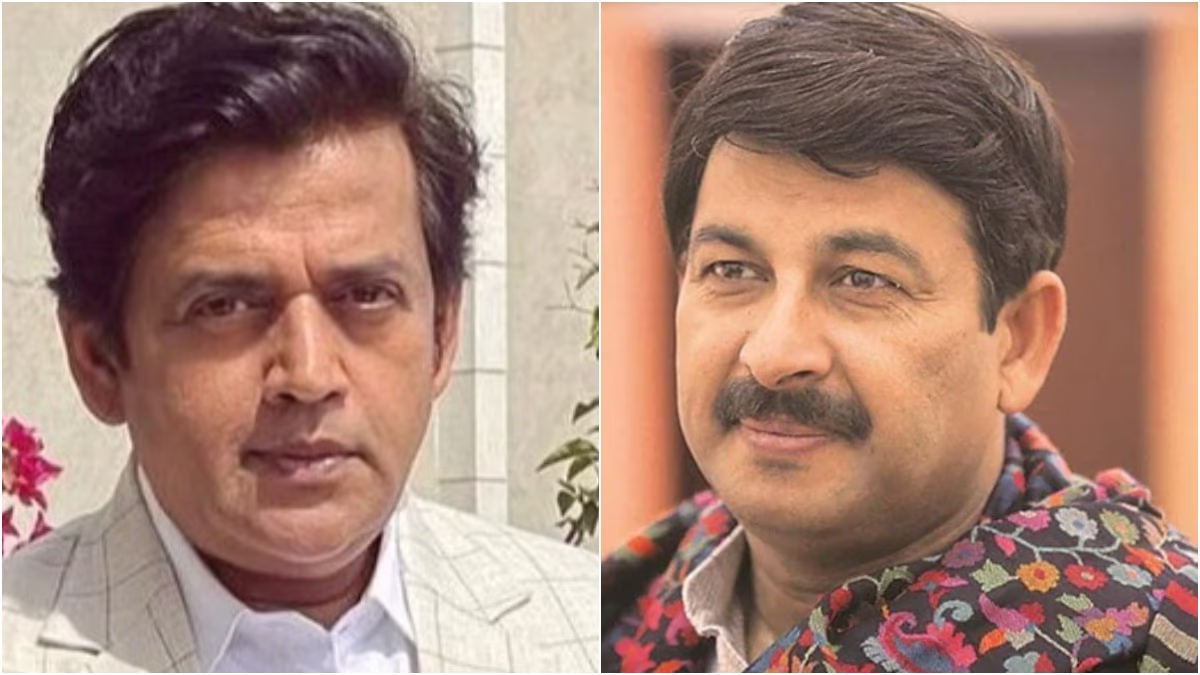Just before the national elections, the Citizenship Amendment Act (CAA) was implemented nationwide. The central government issued a notification of the CAA rules on Monday.
Following the enactment of the CAA, non-Muslims from Pakistan, Bangladesh, and Afghanistan such as Hindus, Sikhs, Christians, Jains, Buddhists, and Parsees who arrived in India on or before December 31, 2014, will find it easier to obtain Indian citizenship.
Under the CAA, even if these non-Muslims from the three neighboring countries do not possess a valid visa or passport, they will still be granted Indian citizenship.
The entire application process for Indian citizenship under CAA will be online. Necessary documentation must be submitted, and if everything is in order, the individual will be granted Indian citizenship. They will be considered an Indian citizen from the day they entered India.
What are the Indian citizenship laws?
India has had a law regarding the acquisition and cancellation of citizenship since 1955. This law provides for single citizenship, meaning that an Indian citizen cannot hold citizenship of another country.
This law has been amended several times, the last time being in 2019. Previous amendments were made in 1986, 1992, 2003, 2005, and 2015. Under this law, there are five provisions for acquiring Indian citizenship:
- First Provision:
Any person born in India on or after January 26, 1950, is an Indian citizen. One condition states that a person born after July 1, 1987, is an Indian citizen, provided that either parent was an Indian citizen at the time of their birth.
- Second Provision:
Based on lineage. That is, if the individual's birth took place outside of India, but at the time of birth, either parent was an Indian citizen. However, it is mandatory for children born abroad to be registered at the Indian embassy within a year.
- Third Provision:
A person of Indian origin residing in India for 7 years can apply for citizenship. Also, a person married to an Indian citizen can apply for citizenship, but they must reside in India for at least 7 years.
- Fourth Provision:
When a new territory is incorporated into India, the residents will automatically receive Indian citizenship. For example, the people of Goa in 1961 and Pondicherry in 1962 became Indian citizens after their integration into India.
- Fifth Provision:
Based on naturalization. This means that any foreign citizen residing in India for at least 11 years can apply for Indian citizenship.
Before understanding the benefits of obtaining Indian citizenship, let's explore what the laws regarding citizenship entail:
The benefits of having Indian citizenship:
1. Right to Vote:
Only Indian citizens have the right to vote in elections. Following citizenship, non-Muslims from the three countries will also be able to vote.
2. Contesting Elections:
One of the necessary conditions to contest elections in India is to hold Indian citizenship. Only an individual who is an Indian citizen can stand for elections.
3. Holding Constitutional Positions:
Immigrants, refugees, or foreign nationals were unable to hold constitutional positions in India. However, this restriction will be removed with Indian citizenship.
4. Availing Government Schemes:
Only Indian citizens can benefit from the various schemes and programs run by the state or central governments.
5. Fundamental Rights:
The Indian Constitution grants certain fundamental rights to Indian citizens. With Indian citizenship, these non-Muslims will also enjoy these fundamental rights.
Despite these benefits, are there any restrictions?
Under the Constitution, an Indian citizen can settle anywhere. However, the Sixth Schedule of the Constitution contains special provisions for the Northeastern states. According to this, Indian citizens cannot buy land or settle permanently in the Northeastern states. The right to buy and sell land and settle is reserved for the original inhabitants of these states.
How can citizenship be revoked?
The Indian Citizenship Act of 1955, Section 9, also mentions the termination of a person's citizenship. According to this, a person's Indian citizenship can end in three ways:
The first is if an individual voluntarily acquires the citizenship of another country. The second is if an individual voluntarily renounces Indian citizenship.
In addition, the government has the authority to terminate an individual's citizenship if they are involved in anti-national activities, insult the Indian Constitution, or it is proven that they have acquired Indian citizenship illegally. Furthermore, if a person has lived outside of India for more than 7 years, their citizenship can be revoked.




